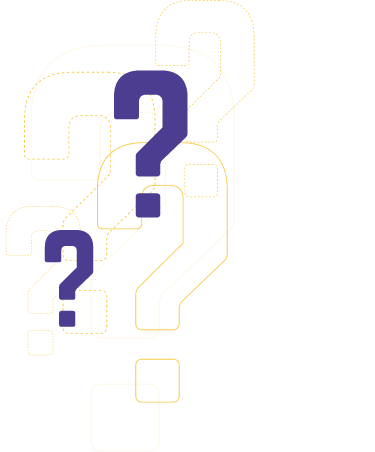Maharashtra Assembly Elections
The high voltage assembly election for the 288-member Maharashtra assembly is set to take place in a single phase on November 20 and the results will be declared on November 23. The state, with the third largest legislative assembly after Uttar Pradesh and West Bengal, is witnessing a fierce political rumble this year between the two main alliances: the ruling Mahayuti comprising BJP, Shiv Sena and NCP and the opposition Maha Vikas Aghadi (MVA) of Congress, Shiv Sena (UBT) and NCP (SP). Several smaller parties are also hoping to upset the apple cart in one of the most closely followed and highly competitive elections of 2024.
Maharashtra has been witnessing multi-cornered contests in the past few elections, with no single party dominating the length and breadth of the state. The 2024 elections will be a test of alliances and arithmetic with all eyes on the battle royale between the Mahayuti and MVA. The result of the recent Lok Sabha elections has made the battle even more interesting with the opposition MVA (INDIA bloc nationally) trumping the Mahayuti (NDA nationally) in the state. The MVA collectively won 31 out of the 48 seats in the general election while Mahayuti was restricted to just 17. The results came as a setback for the BJP-Shiv Sena combine which managed to secure the pole position in the state assembly after multiple political re-alignments.
Seat-sharing
Both alliances have sealed the seat-sharing pact for the November 20 polls. In Mahayuti, BJP will contest 148 constituencies while Eknath Shinde's Shiv Sena and Ajit Pawar's NCP will fight 80 and 53 seats respectively. Smaller parties will contest seven seats. In the MVA camp, Congress will contest the largest number of seats at 103. Uddhav Thackeray-led Shiv Sena will field candidates in 89 seats while Sharad Pawar's NCP (SP) will contest 87. Smaller allies will field candidates in 6 seats.
Mahayuti vs MVA
In the 2019 assembly elections, the then BJP-Shiv Sena combine won 161 seats in the 288-member assembly. The BJP won 105 while Shiv Sena got 56. However, disagreement over power-sharing led to Uddhav walking out of NDA and forming government with NCP and Congress under the MVA banner. However, the state witnessed two major political shake-ups since 2019 with NCP and Shiv Sena - the two regional satraps - undergoing a vertical split.
The ruling MVA collapsed in June 2022 when Eknath Shinde and several MLAs rebelled against Uddhav Thackeray and joined forces with BJP, causing a vertical split in Shiv Sena. In July 2023, Ajit Pawar caused a similar split in NCP after he rebelled against his uncle Sharad Pawar and pledged support to the BJP-Sena government.






















